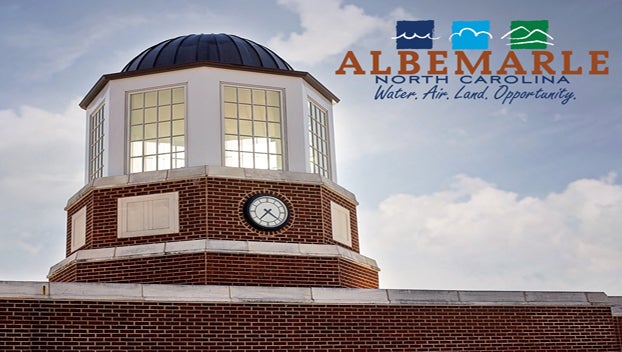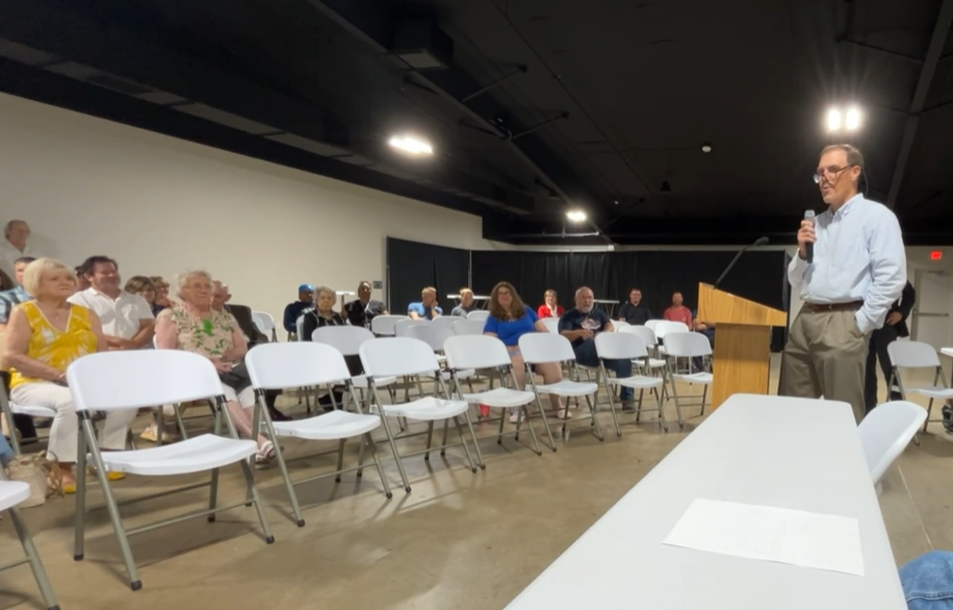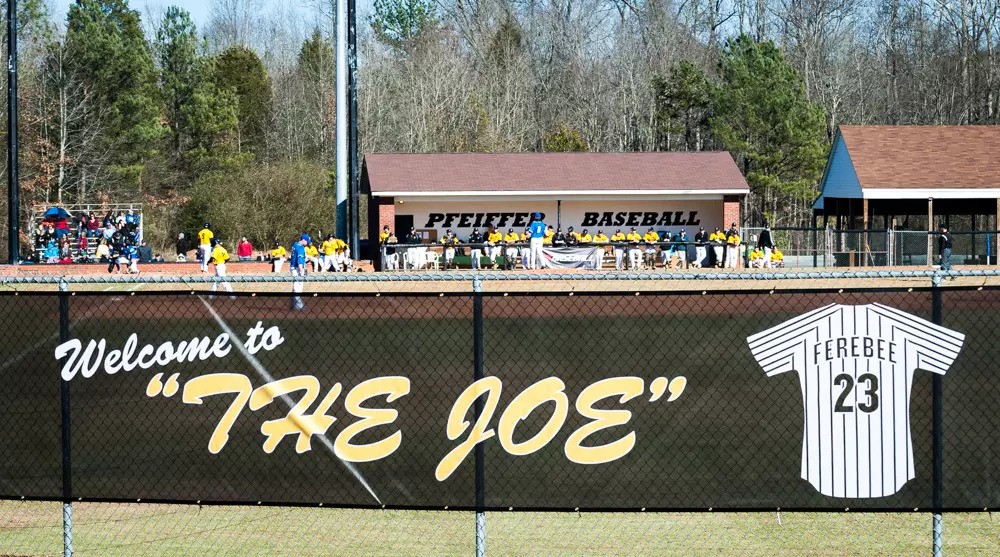Albemarle Council approves stormwater grant, will adopt stormwater management plan
Published 10:59 am Wednesday, April 19, 2023
|
Getting your Trinity Audio player ready...
|
The Albemarle City Council on Monday night approved a $400,000 stormwater planning grant the city received for the southern portion of Little Long Creek.
The grant, which will require no matching funds, comes from the North Carolina Department of Environmental Quality’s Division of Water Infrastructure.
In accepting the funds, the city has agreed that by completion of the pilot study the city will have adopted a stormwater management plan for the study area. The completed stormwater plan must be submitted to the Division of Water Infrastructure by July 1, 2026.
Trending
The council voted against enacting such a stormwater management plan in January, after spending several years working with WK Dickson, a Charlotte-based community infrastructure consulting firm, to devise such a plan.
“I think we’ve got to realize that if we have a plan, we’ve got to have a way to come up with some revenue to do whatever needs to be fixed,” said Mayor Pro-Tem Martha Sue Hall. “We’ve got to do that.”
The council in February approved a contract with WK Dickson to perform a separate pilot watershed study of the northern portion of Little Long Creek.
The Little Long Creek watershed is about 7.6 square miles in area, according to WK Dickson, but only about 3.1 square miles of it are within Albemarle’s city limits. The study, which will cost $500,000, will likely take a few months.
The city received $250,000 last year from the Golden LEAF Foundation to help finance the watershed study. Council agreed during a special meeting in January to use $250,000 in American Rescue Plan Act (ARPA) money to match Golden LEAF funds.
The section of Little Long Creek that runs from Salisbury Avenue to the north to Richfield will be covered by the Golden LEAF grant while the section of Little Long Creek that runs south from Salisbury Avenue, past Don Montgomery Park, under N.C. Highway 24-27 will be funded by the $400,000 grant.
Trending
About $900,000 will go to the two studies. Once these are complete, then the city can look into funding specific mitigation projects.








